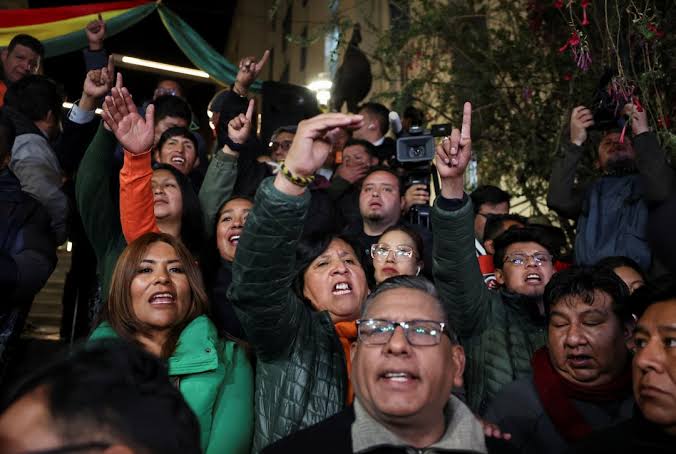Bolivia is on the verge of a major political shift, as early results from Sunday’s election show a move away from nearly two decades of socialist rule. According to preliminary figures, Senator Rodrigo Paz Pereira and former interim president Jorge Quiroga secured the top two spots, but neither gained enough votes for an outright victory. A run-off election between them is now set for October.
Paz Pereira, representing the Christian Democratic Party, unexpectedly led the vote despite polls favoring businessman Samuel Doria Medina. His campaign focused on decentralizing power, boosting local economies, and fighting corruption, with the slogan: “Capitalism for all, not just a few.” He has promised policies such as easier access to credit, tax cuts for formal businesses, and lifting import restrictions on goods not made in Bolivia.
Quiroga, from the conservative Alianza Libre coalition, briefly served as interim president from 2001 to 2002 after being vice president under former military leader-turned-elected president Hugo Banzer.
A win by either candidate would mark a big change in Bolivia’s direction. Both are more market-friendly than the current government, and they support foreign investment—especially in Bolivia’s valuable lithium reserves, which are vital for making batteries used in electric cars and electronics.
Diplomatically, Bolivia may start to rebuild ties with the United States, after years of growing closeness to China, Russia, and Iran. A recent U.S. congressional report described relations with Bolivia under the socialist government as “strained.”
This election comes at a time of serious economic trouble in Bolivia. The country is facing high inflation, rising debt, fuel and food shortages, and a lack of foreign currency. Many voters seem to be expressing frustration with the ruling Movimiento al Socialismo (MAS) party. President Luis Arce, suffering from low approval ratings, chose not to run for re-election.
The MAS party's struggles have gone beyond the ballot box. Their candidate, Eduardo del Castillo, was jeered by voters at his polling place and told to wait in line “like everyone else waiting for fuel.” Another leftist candidate, Andrónico Rodríguez, was met with hostility and even had stones thrown at him. An explosive device also went off at the location where he voted, though no one was hurt. Rodríguez called it an isolated act by a small group.
Rodríguez, once close to former President Evo Morales, has since split from him. This internal divide has weakened the left-wing movement. Morales, who led Bolivia from 2006 to 2019, was not on the ballot for the first time in nearly 20 years. He was banned from running again after legal and constitutional challenges, though he encouraged his followers to spoil their votes in protest.
After Morales left office in 2019 amid accusations of election fraud and military pressure, his former finance minister, Luis Arce, won the 2020 election. However, Morales later returned to politics, clashing with Arce and dividing the MAS party. Their rivalry has sparked protests and deadly blockades. Morales also faces serious legal troubles over alleged abuse involving a minor, though he claims the charges are politically driven. He remains in the Chapare region, where he is protected by loyal supporters.



Post a Comment